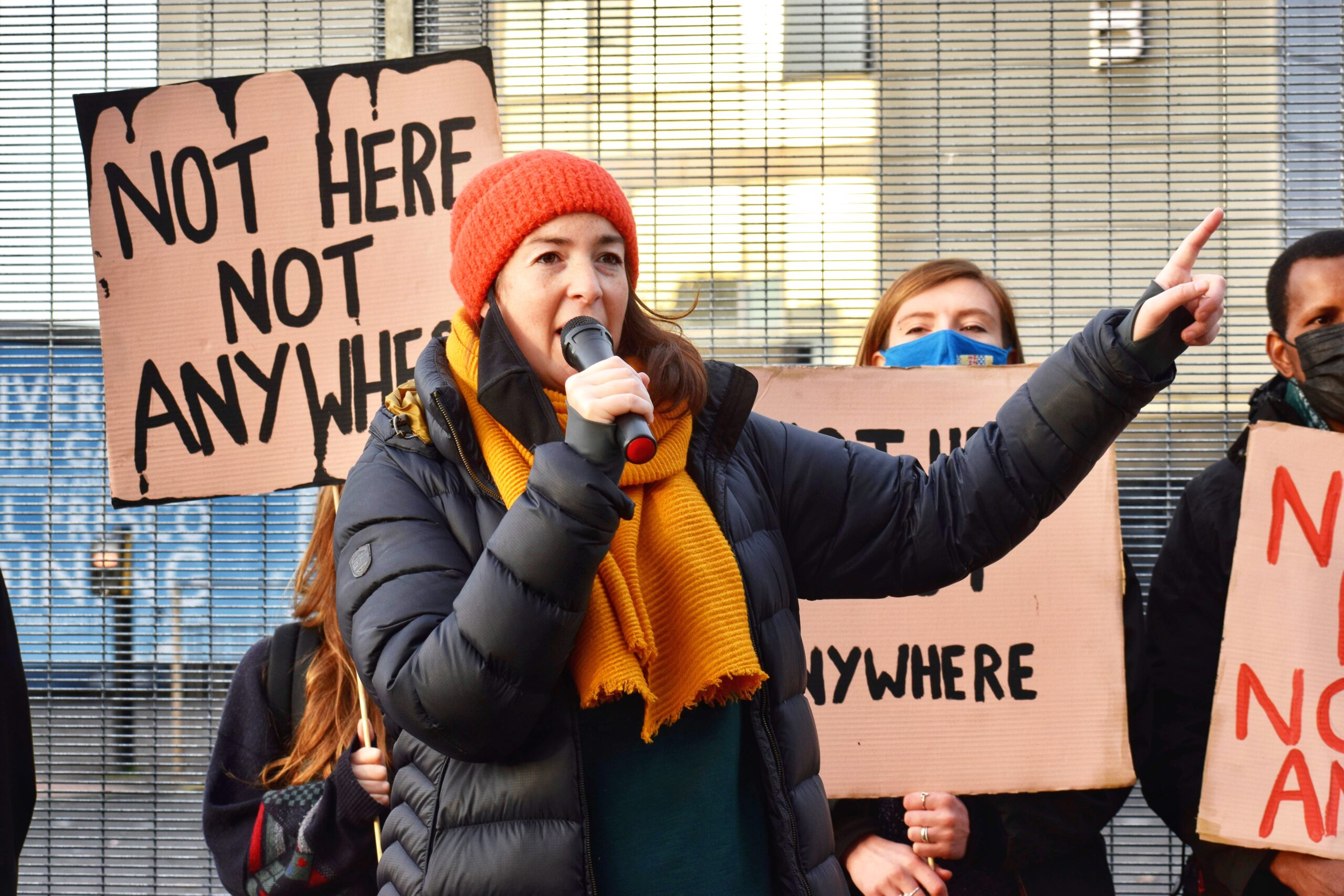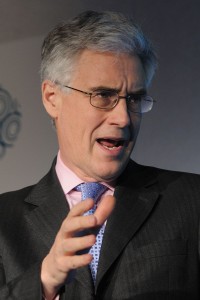
Adair Turner On Debt, Banks and Dangers in the Economy at The David Hume Institute

Adair Turner was at the David Hume Institute last night (13 January 2016) to talk about his new book ‘Between Debt and the Devil: Money, Credit, and Fixing Global Finance’. He said he’d summarise it in 40 minutes. Taking that a step further, I’ll try to summarise what I took as his key messages yesterday in a few paragraphs!
The picture of the world economy which he presented was not pretty. Looking back to the 2008 financial meltdown the questions he was concerned about were: Why so slow a recovery? Why so much, and growing, debt? What regulatory actions can be taken to stop it happening again? He thought that banks not likely to be the immediate cause of the next crisis because of actions taken (e.g. requirement for greater leverage, though he thinks that ideally it would be about 20%).
However the continued growth in private debt could precipitate crisis. Some finance theorists think that debt is good. Macro-economists haven’t been interested in money and finance. Policy-makers thought that there was only one objective (inflation) and one instrument (interest rates). Adair Turner disagrees and is worried by the (growing) amount of debt.
One reason is that credit money created by banks is not going into the productive economy – or at least only 15% of it is. The rest goes to boosting consumption and to property, which is investment in mostly existing assets. This can contribute financial crisis, and even failing that, misallocation of resource in property booms and speculation. This happened in China when fearing a fall in exports the state increased public debt from 150% to 220% of GDP in response to falling global demand.
The usefulness of all the normal levers to manage the macro-economy appears to be blocked: ultra-low (sometimes negative) interest rates; fiscal consolidation (austerity takes demand out of the economy). Quantitative Easing, if it works, increases inequality. There is now so much debt that we won’t grow out of it, so there are three options: write-offs and long periods of very low interest rates (but if they are lower than inflation this incentivises risky borrowing); and monetisation of debt, which is what he favours. He calls it fiat money or Overt Money Finance.
Greater inequality is a consequence and also a macroeconomic problem in itself – the rich spend less and save more of their resources; this reduces demands; some of those savings are then lent to the poor! Reducing inequality is itself needed to reduce the risk of future crisis.
His answers to questions touched on debates about banks: does a retail/wholesale split help; what about 100% leverage (full reserve banking)? And there was a suggestion that banks should be limited companies, i.e. that directors would not benefit from limited liability.
I think there were three specific actions which he recommended:
- Use fiat money to monetise debt (e.g. the £375bn QE debt)
- Take redistributive actions to reduce inequality
- Bankers should not use their resources and power to lobby against regulations.
I got a chance to ask him, after the event and very briefly, if he could comment on how the economy could managed with the objective of reducing environmental impacts, or to achieve limited or zero growth. He said it was a difficult question (!) but there was a bit about that in his previous book. So I’m going to find that.
Matthew Crighton, Friends of the Earth Scotland
